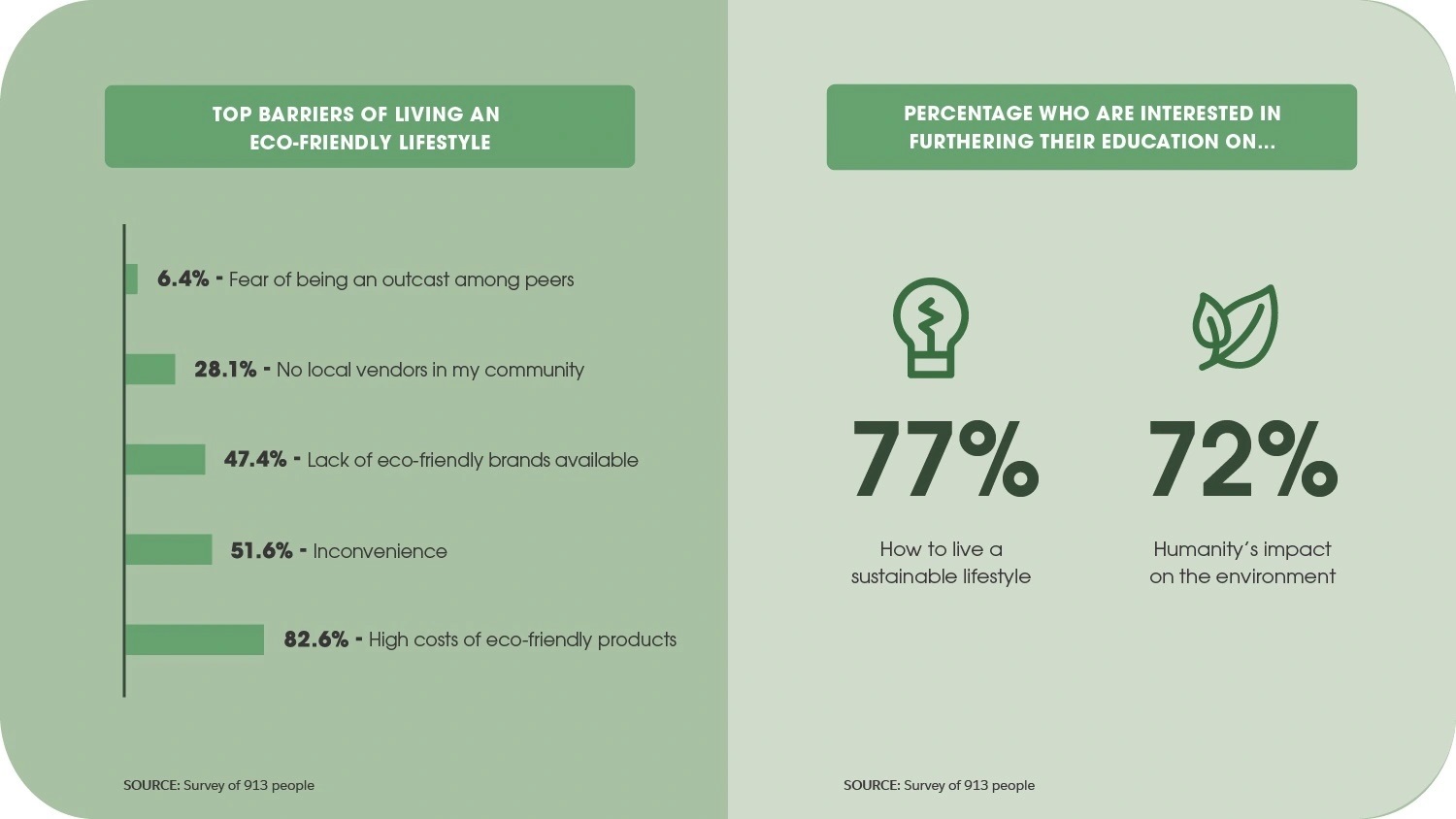This is how leaders can take bold action on the climate crisis and create a sustainable, profitable enterprise.
“People will not give up economic opportunity.” – Naval Ravikant, co-founder, chairman, and former CEO of AngelList
The threat of climate change is increasingly haunting us all, and increasingly present in our daily lives. But in order to reverse its course – or at least stem the literal and figurative rising tide – we must first examine our behavior.
As entrepreneur Naval Ravikant has pointed out, human beings are driven by the prospect of prosperity. It’s a primal instinct that comes directly from our basic need to survive and provide; it’s an instinct that continues generation after generation. But we cannot let this instinct stand in the way of addressing the greatest crisis our species has ever faced.
The ACS Climate Science Toolkit found that nearly all climate warming can be attributed to human activities since the Industrial Revolution in the 1800s. It was our collective behavior that caused global temperatures to rise. Controlling those temperatures must also be our collective duty. In particular, we must enable people to adopt sustainable lifestyles and advocate for sustainable business models. This is our responsibility.
According to the Survey of Sustainability Reporting 2020, 80% of the world’s top businesses reported on sustainability in 2020. Meanwhile, individuals are struggling to implement and fully grasp eco-friendly practices in their daily lives. In a Southern Cross University survey of U.S. and Australian consumers, 77% indicated they wanted to learn how to live more sustainably. These same people also identified lingering issues that prevented them from doing so: the higher prices of eco-friendly products and inconvenience ranked highest, with more than 60% of those surveyed thinking that living a more sustainable, eco-friendly lifestyle was more expensive overall.
The question then is: How do we make our businesses sustainable while also making climate change into an economic opportunity for people? Take a look at what we’re learning from organizations leading the way.
Salesforce supports the Sustainable Development Goals
Learn more about how Salesforce is advancing the SDGs through our operations, technology, and partnerships.
Build a sustainable business model
The first step toward honoring the United Nations’ Sustainable Development Goals (SDGs), the North Star to-do list for people and the planet by 2030, is to create sustainable products. But don’t let the simplicity of that charge distract you from the urgency of the problem. G7 climate and environment ministers acknowledged that “the unprecedented and interdependent crises of climate change and biodiversity loss pose an existential threat to nature, people, prosperity, and security.”
According to Accenture research, companies are realizing value from integrating sustainability into their operations and products. Between 2013 and 2020, companies with consistently high ratings for environmental, social, and governance (ESG) performance have outperformed their peers, achieving operating margins 3.7X higher than lower ESG performers, and generating 2.6X higher annual total returns to shareholders.
At Accenture, sustainability is inclusive of everything – from environment and equality, to technology and economics. Nothing shows greater promise than sustainability. It will permeate everything, driving new value and growth along the way. That’s why Salesforce and Accenture announced their expanded partnership to help companies embed sustainability into the core of their business. The combination of Accenture’s Sustainability Services, Salesforce Sustainability Cloud, and Customer 360 will bring sustainability to the front office and provide leaders visibility into historical and real-time environmental, social, and governance data.
“Accenture and Salesforce continue to have a unique opportunity to play a market-shaping role in the fast-moving, mission critical sustainability transformation agenda,” said Farshad Family, managing director and global Salesforce sustainability lead at Accenture. “Accenture brings deep sustainability expertise, and Salesforce powers the business imperative with a trusted platform.”
In tandem with a broadened commitment to their own sustainability goals in 2020, Accenture also rolled out a suite of services that help global clients carry out sustainability initiatives of their own. This includes focusing on net-zero waste, circular value chains, and other green priorities.
Salesforce has similarly worked to incorporate sustainability goals into its everyday business practices. In 2020, CEO Marc Benioff led a consortium of companies in an initiative to plant one trillion trees by 2030. In 2021, the company introduced its Sustainability Exhibit, which expands its climate commitments to also include every company in its supply chain. For the first time, these commitments are being written into contracts with the understanding that by working together, companies can amplify their impact.

How companies can participate in the green economy
Xcel Energy was the first of major energy companies to pledge a carbon-free presence by 2050. Since 2005, the company has reduced carbon emissions by 51%, making Xcel Energy the nation’s energy company leader in transitioning to clean energy.
“Customers want to participate in the greening of the country,” said Brett Carter, executive vice president and chief customer and innovation officer at Xcel Energy. “You have to empower them to participate in the transition.”
Carter explained how the key to empowering consumers is by providing them data they didn’t previously have access to. Xcel Energy strives to make clean energy consumption insights visible and accessible. Customers can then use that information to decide when to plug in their electric cars or better understand their own consumption habits.
The clean-energy utility pioneer has also committed to providing affordable electrical vehicles (EV) with an intentional rebate added on for vehicles under $50K.
“We are already busy creating new charging options for customers, whether they are residential customers or companies and government agencies with large vehicle fleets,” Carter said. “EVs charged on the Xcel Energy system will have an estimated 80% lower carbon emission by 2030.”
Tailor your sustainable offerings to different generations
Every generation engages with the reality of climate change – natural disasters, financial disruptions, existential dread – differently. But it’s younger generations in particular who are willing to change their buying patterns based on a brand’s commitment to the environment.
Countless retail studies also indicate that Gen Z and Millennial shoppers prefer to buy from sustainable brands, and they are willing to spend 10% more on sustainable products. Is your company only targeting investors for wildlife preservation when there’s a powerful interest among customers? Are you focusing on Baby Boomers at the expense of younger generations?
Businesses have the capacity to address every one of these barriers. We can make eco-friendly products affordable, convenient, and available – even in communities where so far they have not been. We also have the power to shift the way people think about sustainable living. Instead of it being a novelty, it can be the new baseline for how consumers – across all generations – act.
Because sustainability is multidimensional, our approach should be as well. The data tells us that lack of awareness is no longer the problem. The problem is the gap in application. We know climate change is an issue. Consumers know. Now it’s up to businesses to actually address it. How can our sustainability programs reach everybody across geographical and generational borders?
As Naval Ravikant put it, it’s contradictory to our nature as human beings to sacrifice economic opportunity.
Knowing this fundamental human truth, it’s clear that business is the greatest platform to address climate change. We are the ones who can turn sustainability into economic opportunity. We can reach people in every aspect of their lives, in a way that makes intuitive sense. This is our responsibility. This is our moment.







